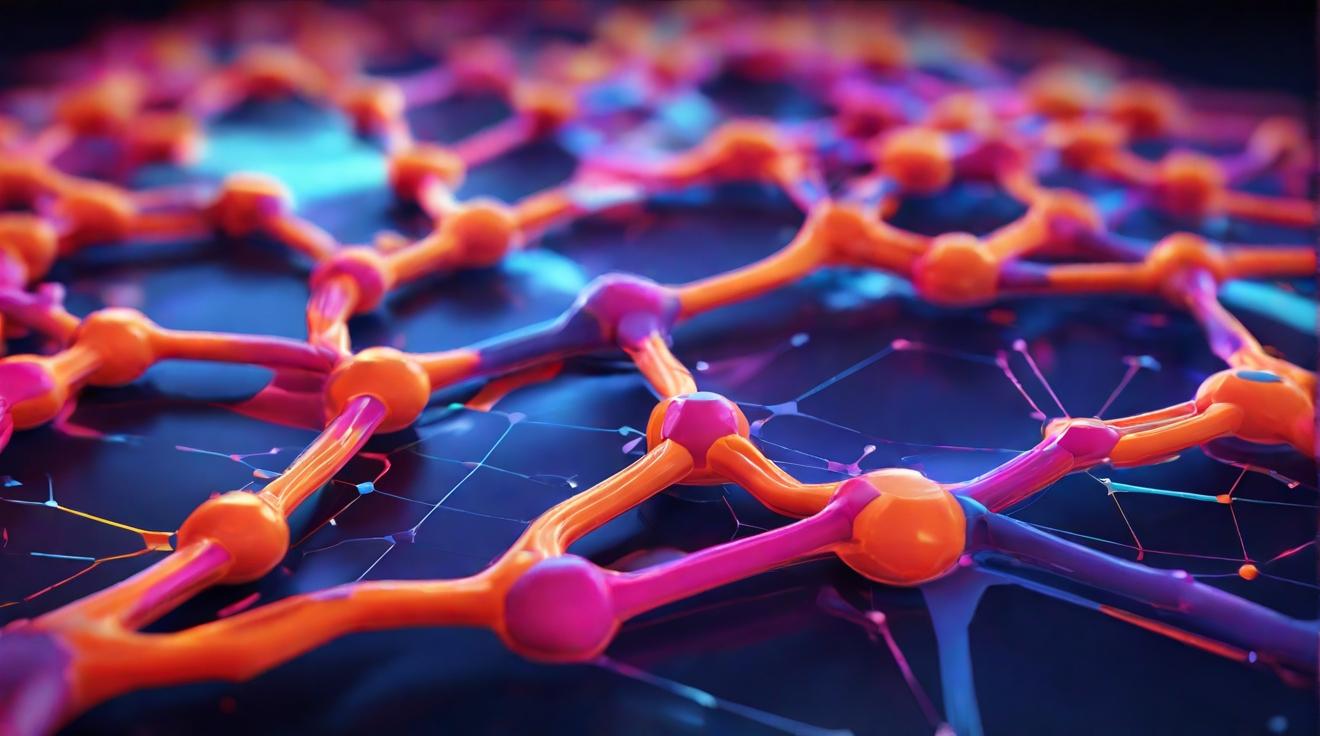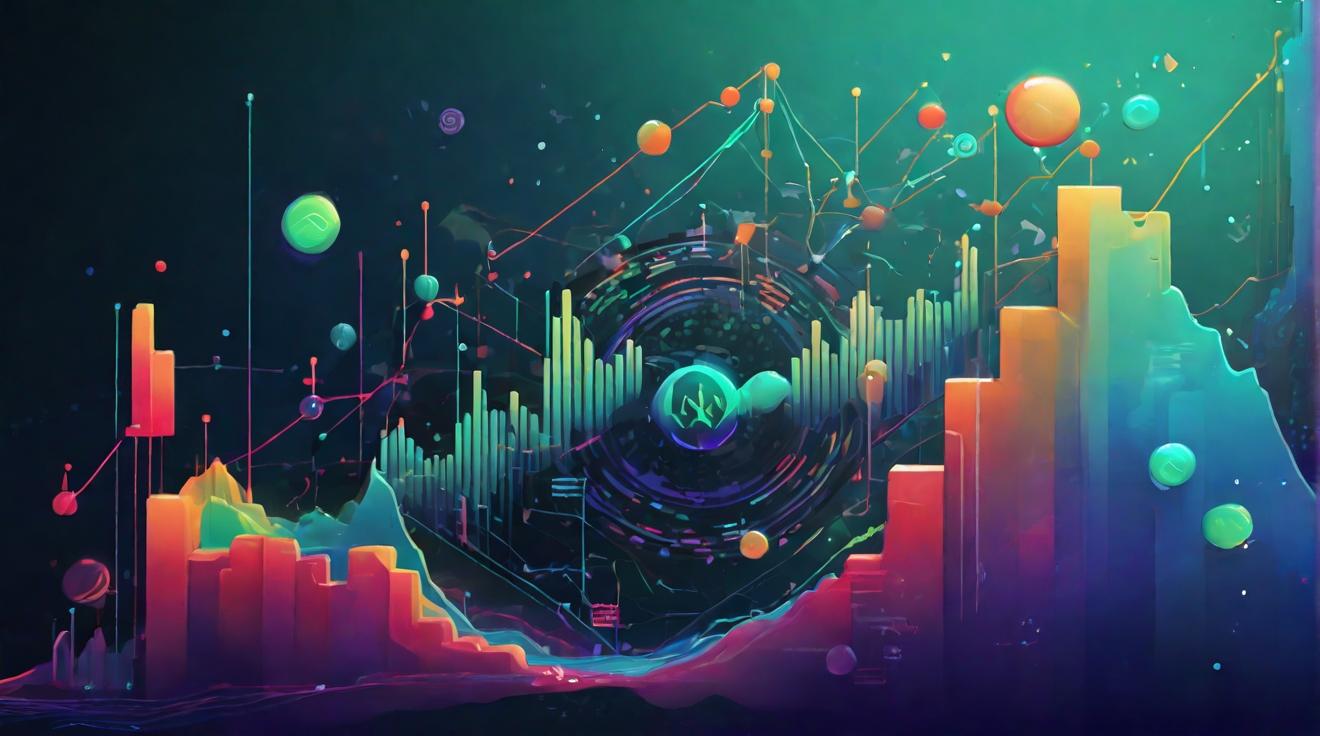Understanding AI in ECG Interpretation
Artificial intelligence (AI) is transforming the healthcare industry, especially in the field of cardiology. AI systems can now assist doctors in interpreting electrocardiograms (ECGs), which are crucial tests used to diagnose heart-related issues. An ECG records the electrical activity of the heart and is commonly used to detect heart attacks.
The Importance of Door-to-Balloon Time
In cases of suspected acute coronary syndromes, such as heart attacks, time is of the essence. The term door-to-balloon time refers to the period between a patient’s arrival at the hospital and the insertion of a balloon catheter to open blocked coronary arteries. Shortening this time is critical for improving patient outcomes. Studies show that faster intervention can significantly reduce heart muscle damage and improve survival rates (American Heart Association).
How AI Improves ECG Interpretation
AI algorithms can quickly analyze ECG data, identifying patterns that may indicate a heart attack. These algorithms are trained on large datasets containing thousands of ECGs, enabling them to learn complex patterns that might be missed by human eyes. By providing real-time analysis, AI can alert medical professionals to potential heart issues more swiftly than traditional methods, thereby reducing door-to-balloon time.
Real-World Impact of AI Implementation
Hospitals implementing AI-assisted ECG interpretation have reported significant reductions in door-to-balloon times. In a study published in the Journal of the American College of Cardiology, researchers found that AI implementation reduced treatment times by an average of 15 minutes. This time-saving translates into better patient outcomes and can potentially save lives.
Simplifying Complex Terminology
To clarify, let's imagine a simple scenario: If a factory receives raw materials (the patient) and its machines (the hospital staff) need to assemble a product (the treatment), AI acts as a super-efficient quality control checker that quickly identifies any defects (heart issues) that need fixing urgently. The faster this checker works, the sooner the product is ready for delivery (patient recovery).
Conclusion
The integration of AI in ECG interpretation not only enhances diagnostic accuracy but also expedites crucial treatment processes in cardiology. As technology advances, AI's role in healthcare will likely expand, offering even more innovative solutions to improve patient care.













